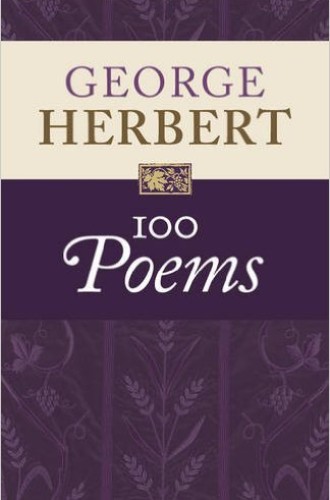Poetry that bids us welcome
How is it that the poems of a 17th-century aristocrat still resonate with us?
In Wallace Stegner’s novel Crossing to Safety a young woman named Charity advises her boyfriend to find something useful to do besides writing poems: “All I’m saying is that poetry isn’t direct enough most of the time. It doesn’t concern itself with the vital issues.” She goes on to argue that if poetry doesn’t reflect the poet’s real work and relationships, it amounts to nothing more than the self-absorption of the leisure class.
Charity has a point. And it’s a point worth considering in the case of George Herbert, one of the English language’s greatest devotional poets. How is it that the poems of a 17th-century aristocrat still resonate with our own religious sensibilities?
Helen Wilcox’s chastely edited volume of Herbert’s lyrical poems provides a rich and persuasive answer. Her book contains 100 poems from the central section of Herbert’s great work, The Temple. It includes only a few stanzas of his longer works, including his brooding meditation on the death of Jesus, “The Sacrifice,” each of whose 63 stanzas ends with the refrain, “Was ever grief like mine?” For these the reader may consult Wilcox’s acclaimed edition of The English Poems of George Herbert.





